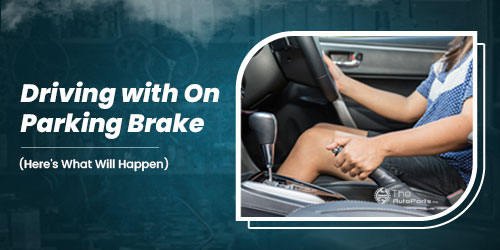Imagine you have been driving for a long time and haven’t paid heed to the enabled parking brake. This isn’t a big deal for many, but in reality, it could do a lot more to your car than you think. Curious to know what an emergency brake comes on while driving could do to your vehicle? Continue reading the article to know the answer:
How Does the Parking Brake Works?
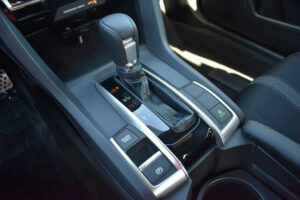
Before understanding what an emergency brake would do to your car, let’s know how the parking brake works. The car has a leveler brake pulled when you turn the parking brake on while driving, and the leveler comes in contact with the cable. Pull the leveler, which further pulls the cable, activating the parking brake on the rear wheels. The brake pads start moving against the rear drums, which halts your car or prevents movement.
If the car works on electronic braking, its principle is similar and doesn’t have any cable or electronic parking brake.
What Happens When You Pull Parking Brake While Driving?
Whether your car has an electric parking brake or a non-electric one, the driver would experience the following issues:
Burning Smell
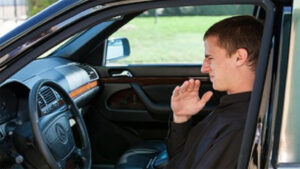
As you drive while the parking brake is on, your acceleration ability won’t be the same as your regular acceleration ability. As you continue your driving, the car starts producing a burning smell. You’ll notice this smell because the pads start overheating as excess friction takes place between them and rotors or drums. You would commonly notice this driving symptom, and it’s difficult to tell what’s going to happen to the system.
Possibility of Fire
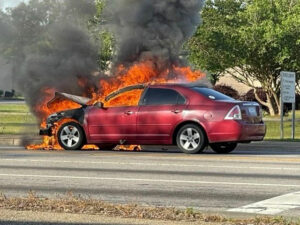
In a worst-case scenario, you’ll notice that the friction would create a lot of heat, and excessive heat could lead to a fire. You would experience this situation less likely, but it occurs when the parking brake is on.
Glazing Brakes
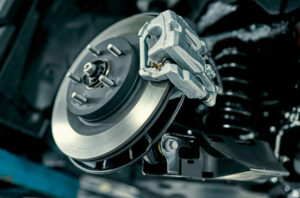
Glazing brakes is an issue and the answer to what happens if you pull the parking brake while driving. This has become a serious concern, and excess friction leads to brake overheating. Also, as it cools down, it creates a glaze over drums/rotors and pads. Normal use would restore the driving ability of the car. In certain cases, brake replacement would resolve the issues in no time.
Adjustment of E-Cables Becomes Hampered
Your parking brake works perfectly when the brake cable is connected to the brake lever. Keeping them too tight would prevent you from disengaging them, while keeping them too loose would prevent them from engaging at all. Instead, keep the parking brake engaged, which would deteriorate the pads and be resolved by making it lose. Try to adjust the parking brake again; otherwise, it won’t supply the power you might require during the process.
Should You Drive While the Emergency Brakes are On?
You are not allowed to keep emergency brakes on while driving. In case your regular brakes fail, use them while driving and reach the destination safely. Another reason why you should make the most out of emergency brakes is that drifting has become way easier than before.
What Would Happen If You’ll Use Emergency Brakes While Driving?
Have you ever wondered what will happen while driving a car with emergency brakes? The consequences won’t be good. Those who drive at low speeds, like less than 10 miles per hour, you’ll just be slamming your brakes. Driving at high speeds will lead to brake lock-up, and the driver starts skidding down the road. Sometimes the rear end of the car starts moving towards one side.
What to do If your Emergency Brake isn’t Working?
Driving with a problematic emergency brake leads to bigger issues. Get these brakes inspected if the issue is serious; an emergency brake replacement will resolve the issue in no time. In addition, you can get quality brakes at affordable prices from reputed online car parts and accessories stores like ‘The Auto Parts Shop,’ bringing authentic products and save money.
The Bottom Line
If your emergency brake comes on while driving, setting it to disable state would be ideal. Leaving it would lead to issues and catastrophic incidents like fire.
